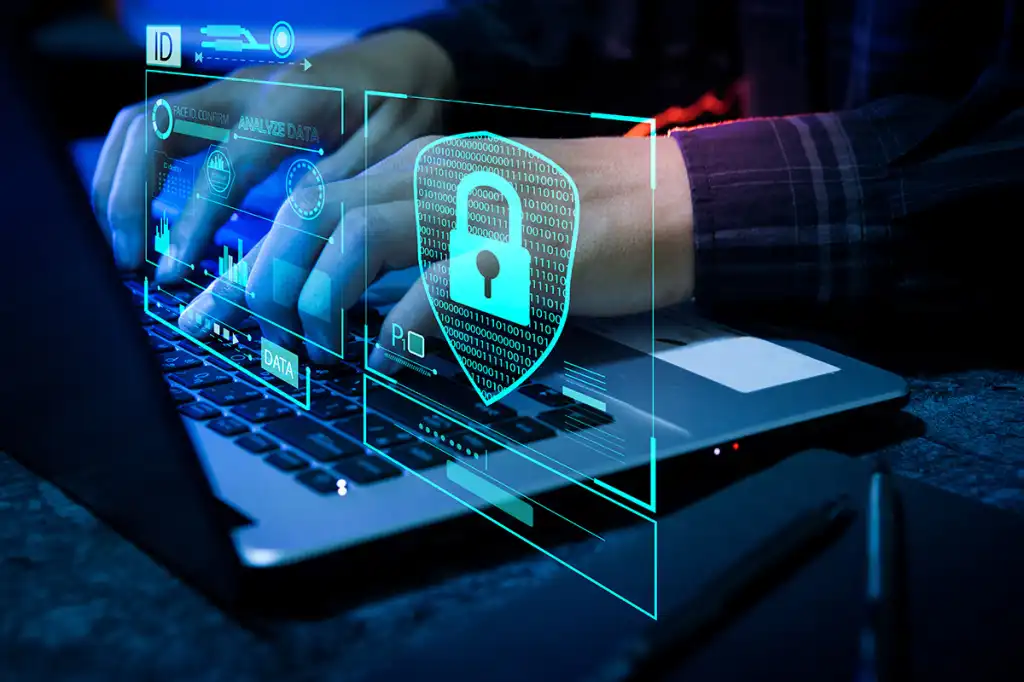
Have you recently been on the receiving end of online hacking and are now looking for a straightforward way to protect your privacy online? Or, are you simply worried that your information is vulnerable?
It is getting harder for hackers to get access to information in the general sense. However, as the software upgrades and becomes tougher to infiltrate, the hackers are coming up with better ways to do so without being detected, meaning it’s more important than ever to keep your information safe whilst you are online.
If you need some tips on how to protect your privacy online, then read on.
Upgrade to Fiber Optic Broadband
When it comes to fiber optic broadband, this is potentially the safest option for searching the internet relating to keeping your data and information safe from hackers. Fiber optic broadband is made possible as the data is sent as pulses of light across a strand of plastic or glass fibers, hence the name. This helps the data to move quicker and makes the signals a lot tougher for malicious individuals or hackers to intercept and decode. So, by using fiber optic internet, you have a better chance of keeping your information safe online.
Change Passwords
Most people have a set password for all their online dealings, such as their social media account, their shopping, and even their online banking. While this is convenient for memory, it is also exceedingly convenient for hackers, especially if that information is also the password to encrypted documents on your computer. To stay safe online, you should aim to update your passwords at least once a month and mix as many letters, numbers, and special symbols as possible to create an unbreakable password.
Never Use Public Wi-Fi
When you are at a coffee shop, and you realize that you have no more 4G data on your smartphone, it can be tempting to do a bit of online banking using the Wi-Fi in the coffee shop. This is public Wi-Fi and, therefore, it is not encrypted in the same way as the 4G, or your home broadband options are. Your privacy is now at risk, and online hackers can get access to your information; not ideal if you are using online banking. If you must use public Wi-Fi, aim to do so without logging into anything that reveals your information, your address, or your name.
Get Rid of Old Apps
It is also worth getting rid of mobile apps and browser extensions if you are not using them. Hackers can now track which apps and extensions may be falling into non-usage and can use these to gain access to the other apps and files on your phone or computer that have personal information.
VPN
Finally, it’s worth downloading a VPN for your home computer and your smartphone. A VPN, or virtual private network, enables you to disguise your online identity. This will make it harder for anybody to track exactly what it is you are doing online, including hackers, so all your personal information will be safe.